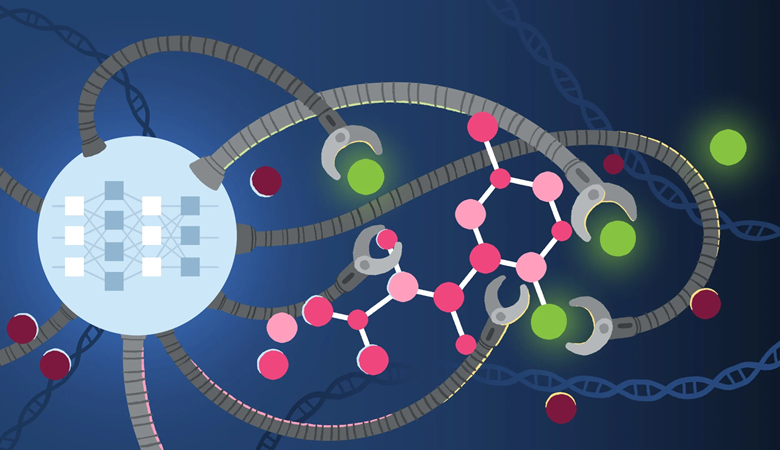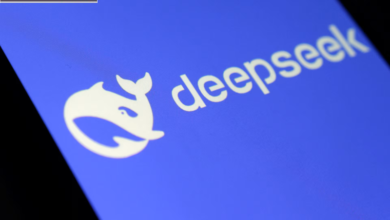New OpenAI model to predict molecular structure

News Mania Desk/ Piyal Chatterjee / 11th September 2024
Artificial intelligence is developing quickly in a number of domains. OpenAI, the company that created ChatGPT, and Thrive Capital, a venture capital firm, recently declared their backing for Chai Discovery, a biology startup established by former researchers from both OpenAI and Meta. The AI business just secured nearly $30 million to create drug discovery AI models.
The startup unveiled Chai-1, a sophisticated AI model that can anticipate molecular structures—a crucial component of drug discovery—on September 9. The model can be accessed through a web interface and is free to use, according to the company. In order to allow developers to expand on the model for study and development, Chai Discovery is also making the code and tools available for non-commercial use.
The company has published a comprehensive analysis of the model in its Chai-1 Technical Report.
According to reports, Chai’s new AI model can predict the shapes of biological molecules, which could expedite the development of new drugs. On several metrics, the creators claim that Chai-1 performs better than Google DeepMind’s AlphaFold model. The paradigm can be used to a variety of molecular systems, including tiny molecules, proteins, DNA, RNA, and even chemical changes.
More research and development has been spurred by the company’s decision to make its first model free and open-source. A report claims that Chai-1 does remarkably well at predicting the interactions between medicines, small compounds, and proteins. The model may easily switch between different tasks, such predicting interactions between different proteins.
According to the report, one of Chai-1’s advantages is its ability to use a variety of inputs, including sequencing information, experimental results, and raw molecular data. It works well when there is little data available, which makes it helpful in real-world settings where full data is frequently inaccessible. For example, Chai-1 can produce reliable findings even in the absence of Multiple Sequence Alignments (MSAs), which are frequently used in other models.
The paper states that Chai-1 does well on a number of metrics. For example, it performs better than AlphaFold3 from Google DeepMind when it comes to predicting protein-ligand interactions. The model was created with research and drug discovery in mind. It is essentially a cutting-edge instrument with significant applications in the pharmaceutical sector for deciphering the structure of biological substances.






